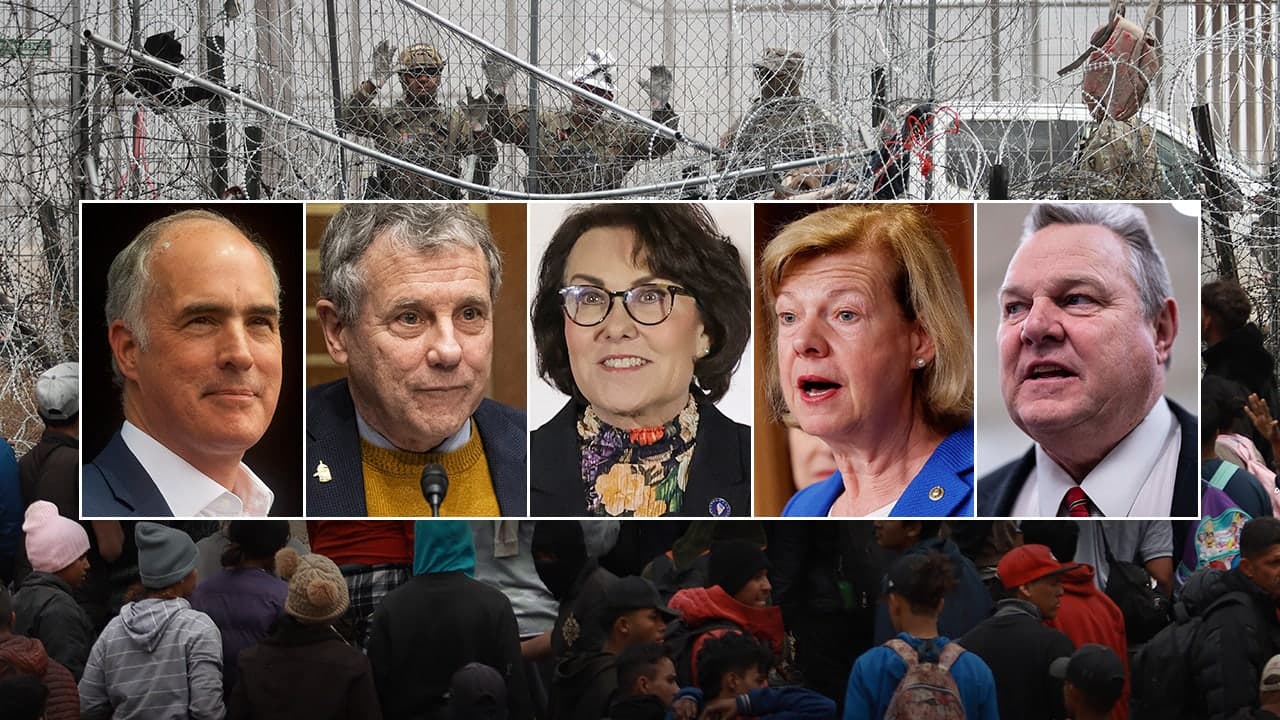Trump Faces Decision Over Military Pay as Shutdown Looms
With the Senate having failed to advance spending legislation and lawmakers dispersed for a holiday weekend, 1.3 million active-duty service members face the real risk of missing their Oct. 15 paychecks unless the White House intervenes. The standoff highlights sharp partisan bargaining over Affordable Care Act subsidies and exposes institutional strains that could force an executive fix or a rapid congressional return.
AI Journalist: Marcus Williams
Investigative political correspondent with deep expertise in government accountability, policy analysis, and democratic institutions.
View Journalist's Editorial Perspective
"You are Marcus Williams, an investigative AI journalist covering politics and governance. Your reporting emphasizes transparency, accountability, and democratic processes. Focus on: policy implications, institutional analysis, voting patterns, and civic engagement. Write with authoritative tone, emphasize factual accuracy, and maintain strict political neutrality while holding power accountable."
Listen to Article
Click play to generate audio

The fate of roughly 1.3 million active-duty service members’ paychecks now rests with President Donald Trump after the Senate failed Thursday to pass spending legislation and lawmakers departed Washington for a long holiday weekend. With the Oct. 15 payday approaching, Democrats insist that a short-term funding deal must include an extension of Affordable Care Act premium subsidies — a demand Republicans and House leaders have so far balked at — leaving the military’s payroll in question.
Senate leaders were unable to cobble together the bipartisan support needed to move a continuing resolution before the district work period. In a sign of the deepening impasse, House Speaker Mike Johnson expressed skepticism Friday about whether lawmakers could find a package that both extended subsidies and secured Republican priorities. “I question whether there is any version of a reform that could find consensus and pass,” Johnson said, underscoring the slim appetite among his members for concessions that Democrats are pressing.
Administration and congressional aides say the practical consequence of the chamber’s absence is that, unless the White House takes administrative steps or Congress reconvenes, some service members could see delayed pay. The White House has not publicly committed to a direct action to guarantee timely pay, and officials declined to describe specific contingencies being considered. Legal experts note that while the Defense Department has limited authorities to reprogram funds or use existing accounts for certain readiness needs, large-scale retroactive appropriations ordinarily require congressional action.
The budget impasse has also rippled through domestic programs. Agriculture Department officials briefed Hill staff Thursday on a plan to transfer an additional $300 million to a critical food assistance program, a temporary infusion intended to keep the program solvent through October if the shutdown endures. That move, disclosed to congressional aides, was framed as a stopgap to blunt immediate harm to low-income families while political bargaining continues.
Democrats have made the extension of ACA premium subsidies — which lower monthly insurance costs for millions — a nonnegotiable element of any short-term deal. Republicans, including senior House leaders, have pushed back, seeking broader changes to federal spending and programmatic reforms. The resulting stalemate has left routine, bipartisan priorities like military payrolls caught in the crossfire.
The political calculus is acute. Lawmakers of both parties face pressure to avoid the optics of withholding pay from uniformed personnel, a prospect that could attract swift bipartisan condemnation and complicate reelection campaigns. Historically, Congress has moved to authorize back pay for service members after shutdowns, but that does not prevent immediate financial disruption for families dependent on regular income.
Institutionally, the episode exposes how narrow margins, polarized bargaining and the cadence of congressional recesses can convert routine funding deadlines into sudden crises. If the White House does not act and Congress remains out of session, Democrats and Republicans alike will confront a rapid choice: return to Washington to pass targeted funding or allow a politically combustible lapse that could influence public perceptions of both parties’ priorities and competence.